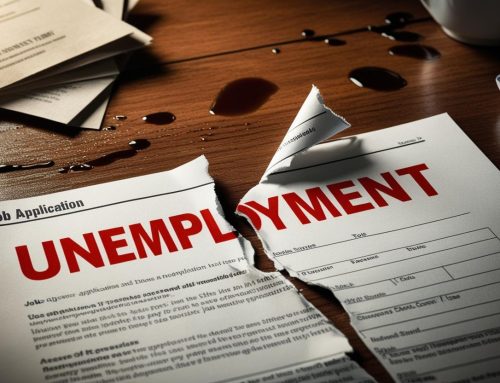July 20, 2023
UK inflation cooled in June, with the consumer price index (CPI) coming in at 7.9% annually, below expectations. Economists had projected an annual rise of 8.2%. Although the figure is lower than previous months, it still remains well above the Bank of England’s target of 2%. On a monthly basis, CPI increased by 0.1%, below the consensus forecast of 0.4%. Core inflation, which excludes volatile items, remained sticky at an annualized rate of 6.9%, down from a 31-year high of 7.1% in May.
The decrease in inflation was driven by falling prices for motor fuel, while food prices rose but at a slower pace than the same period last year. However, there were no significant offsetting upward contributions to the overall change in inflation. Despite the lower-than-expected inflation rate, there is no complacency in the Treasury, and efforts are being made to bring inflation down to its long-term norm of 2%.
The UK has been experiencing persistently high inflation, which both the government and the Bank of England have warned could become entrenched in the economy. The cost-of-living crisis and a tight labor market have been contributing factors to rising wage prices. Bank of England Governor Andrew Bailey and UK Finance Minister Jeremy Hunt have expressed concerns about high wage settlements undermining their efforts to contain inflation.
The Organization for Economic Cooperation and Development (OECD) has projected that the UK will have the highest level of inflation among advanced economies this year, with a headline annual rate of 6.9%. In response, the Bank of England has implemented several interest rate hikes, totaling 50 basis points, in an attempt to curb inflation. The Monetary Policy Committee is struggling to balance demand and rein in inflation.
While falling energy and fuel prices have helped bring headline inflation down, core inflation and food costs remain high, offering little relief to households and businesses. Economists expect a significant fall in July’s inflation rate, driven by lower energy bills following a reduction in the energy price cap. Core inflation is also expected to trend downwards due to monetary policy tightening and tax increases, which will likely dampen demand. However, this may come at the expense of a weaker economy and higher unemployment.
The recent decline in inflation is seen as a glimmer of light, but the UK still stands out as a drastic outlier compared to other major economies. The economy has withstood inflation and interest rate increases so far, but cracks are starting to appear. As more mortgage holders are exposed to higher rates, the economy is likely to be impacted. Some believe that a likely recession next year may be necessary to bring inflation back to target. The Bank of England may need to raise rates further, and fiscal tightening is unlikely as the government faces an election in 2024.
Investors are advised to seek shelter in quality companies that can navigate this challenging environment. UK fixed income investments, such as gilts, may also be considered as they appear attractive at present. Overall, inflation is expected to come down to more manageable levels, but forecasts in this regard remain unpredictable.
Source: CNBC
Legal Notice: The information in this article is intended for information purposes only. It is not intended for professional information purposes specific to a person or an institution. Every institution has different requirements because of its own circumstances even though they bear a resemblance to each other. Consequently, it is your interest to consult on an expert before taking a decision based on information stated in this article and putting into practice. Neither Karen Audit nor related person or institutions are not responsible for any damages or losses that might occur in consequence of the use of the information in this article by private or formal, real or legal person and institutions.






